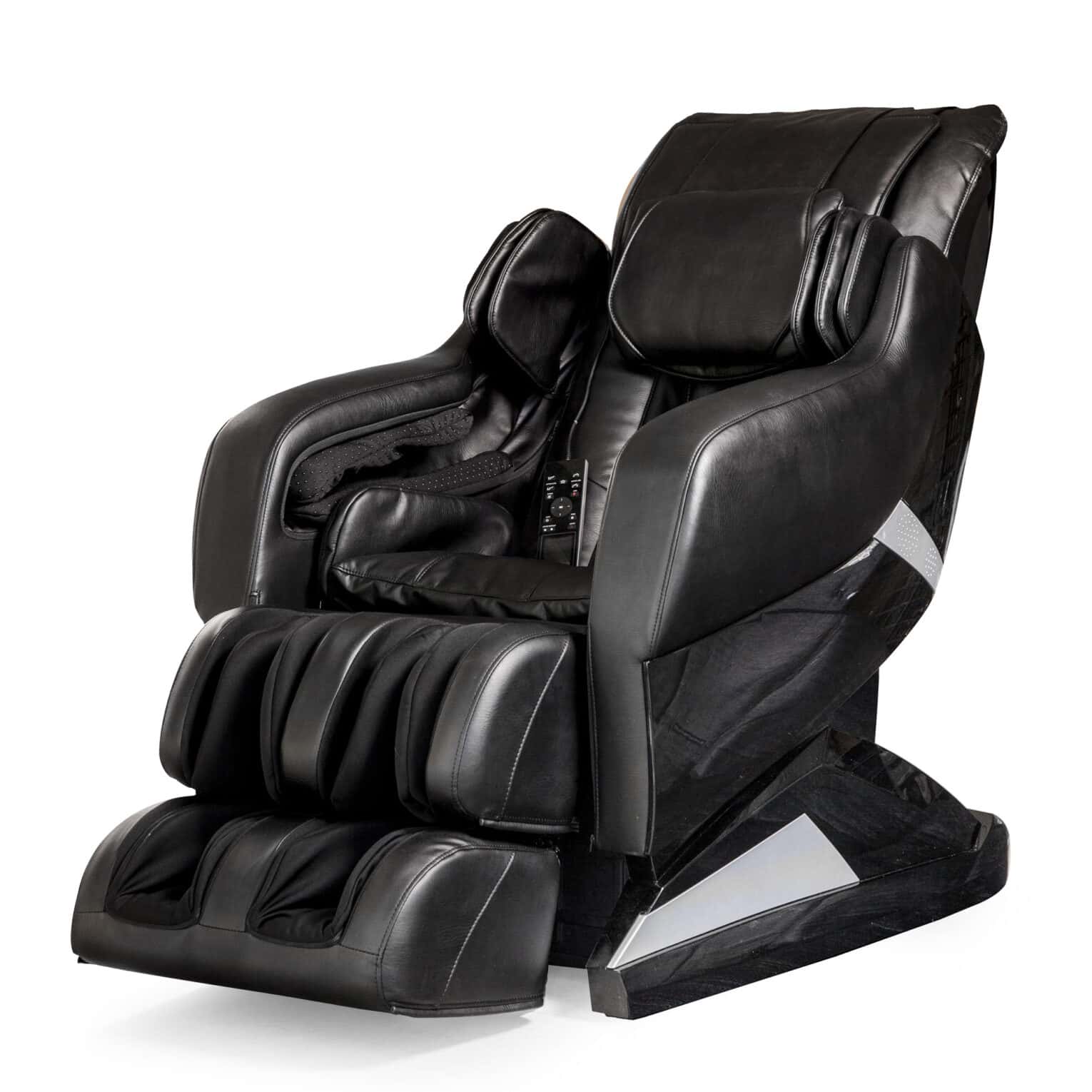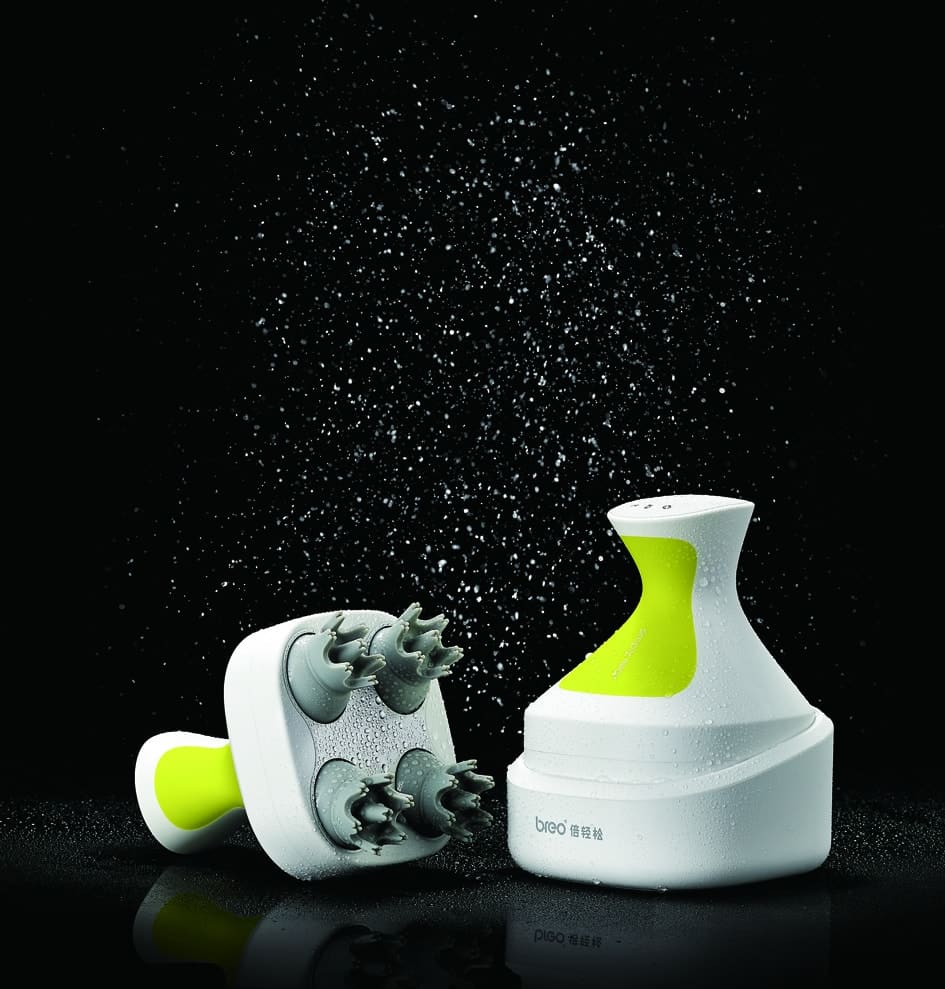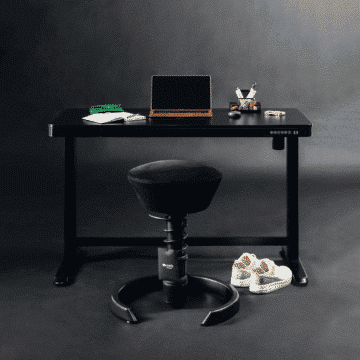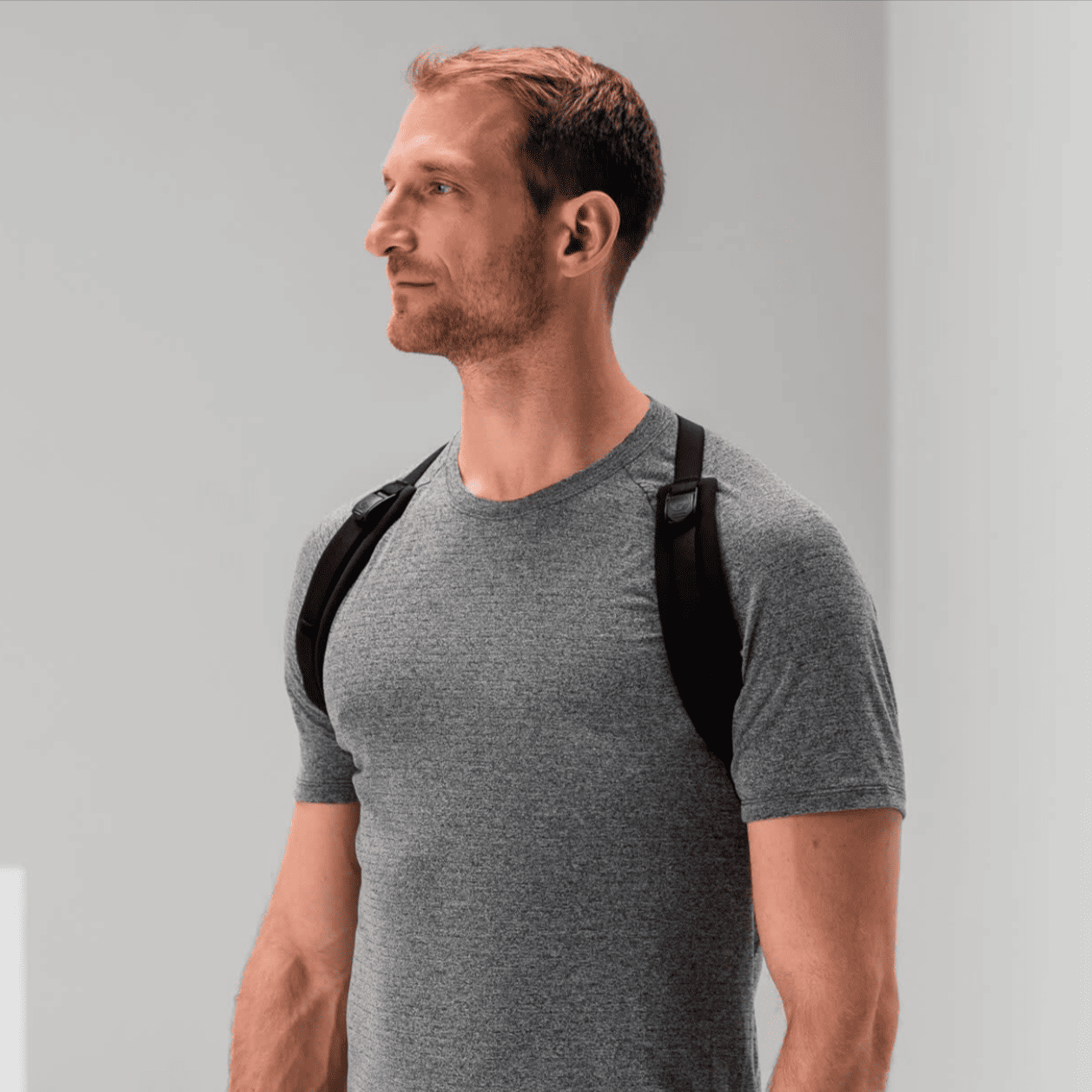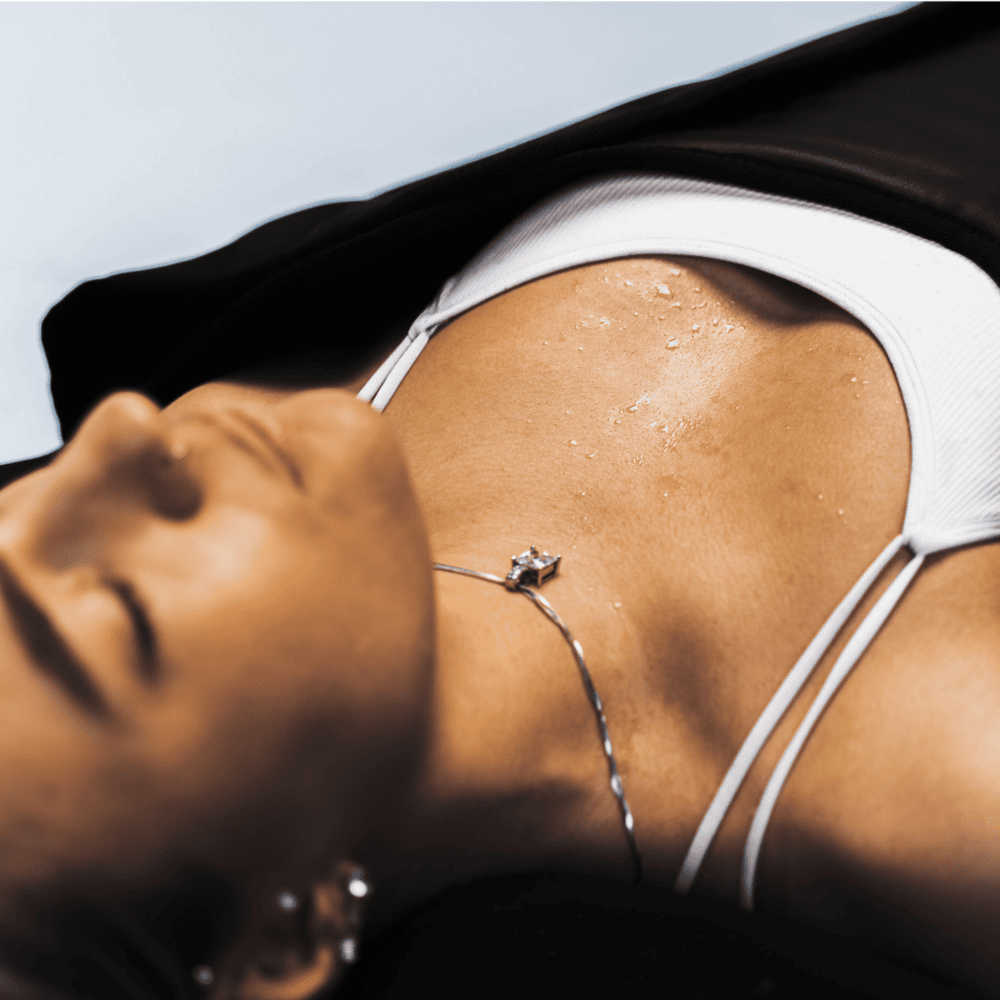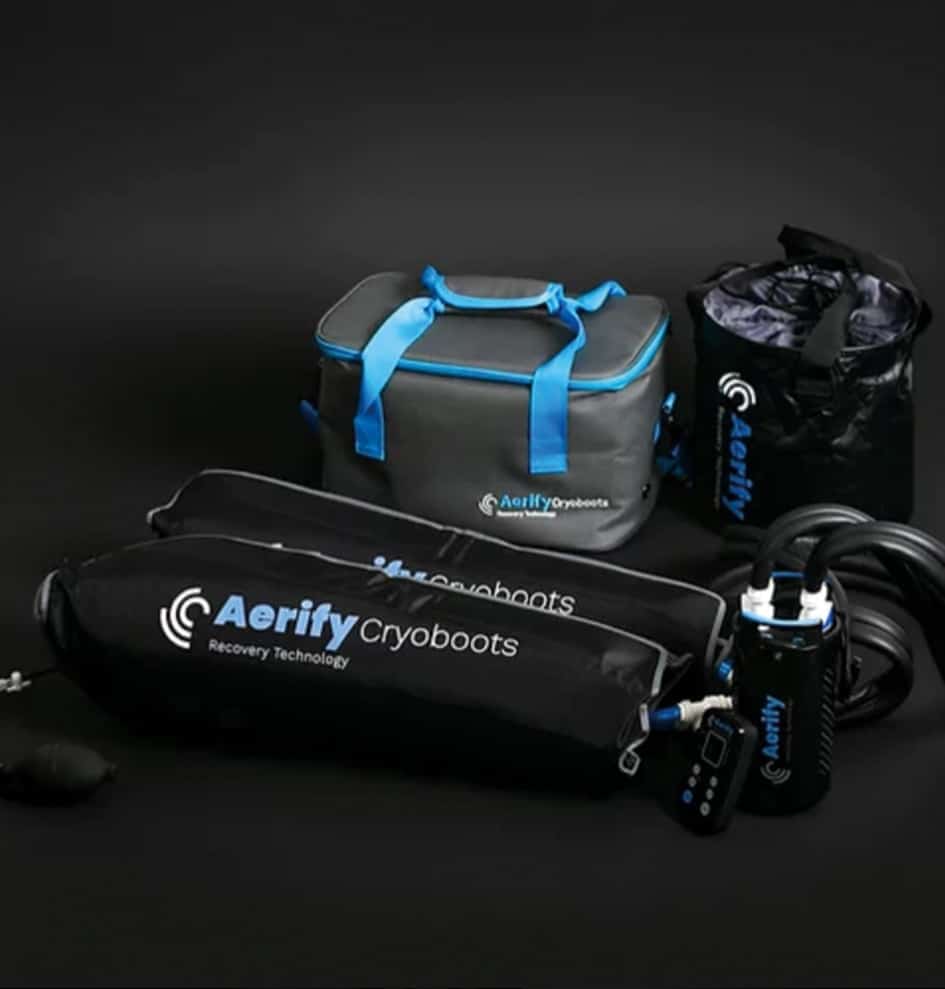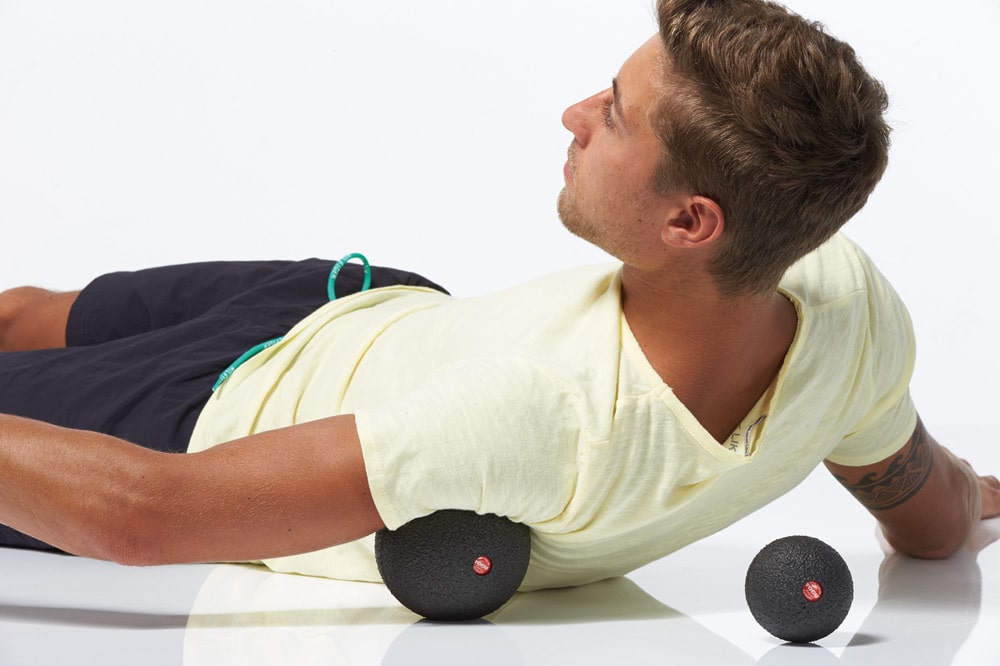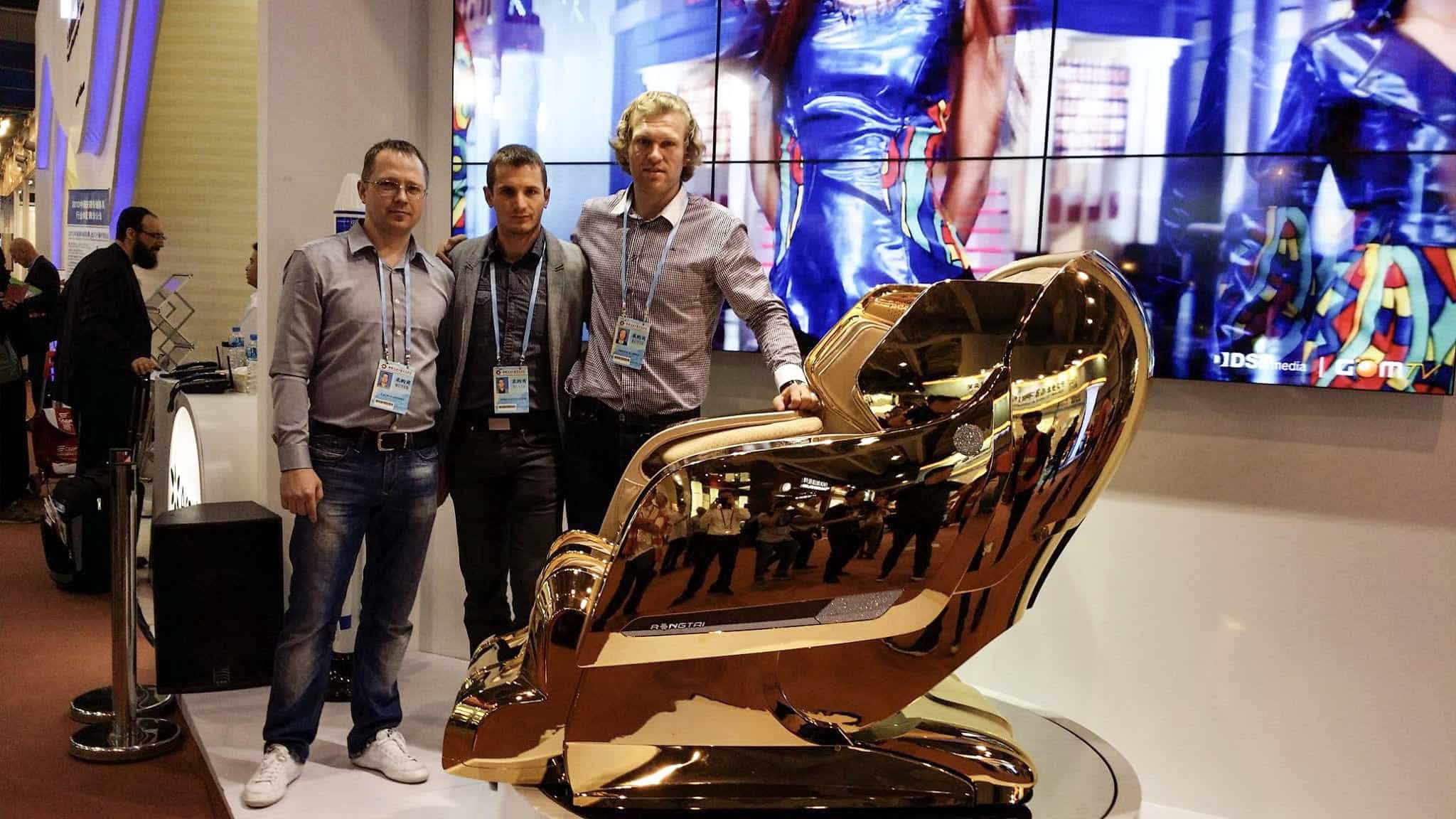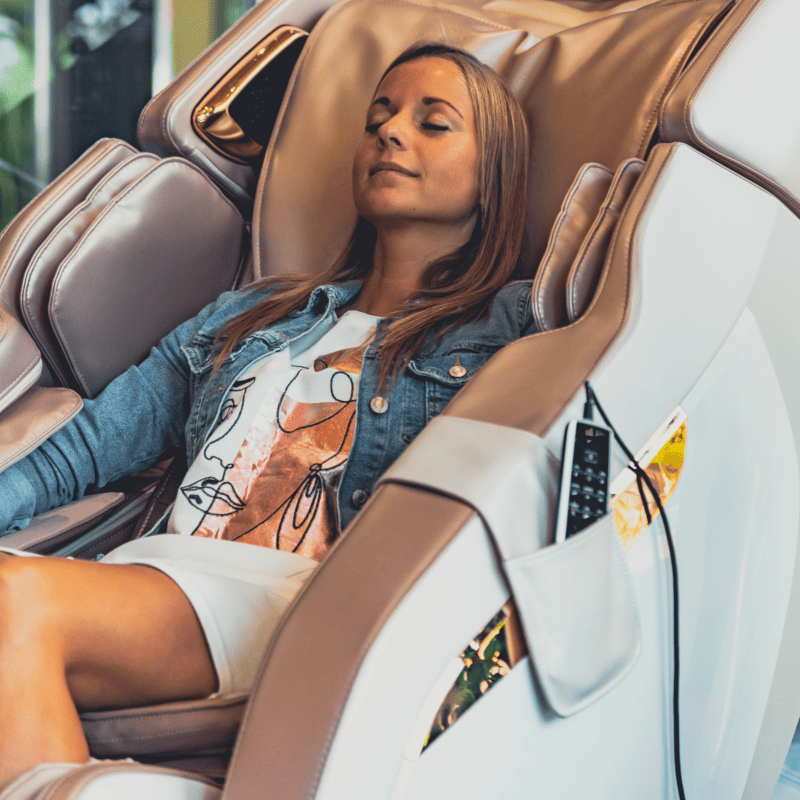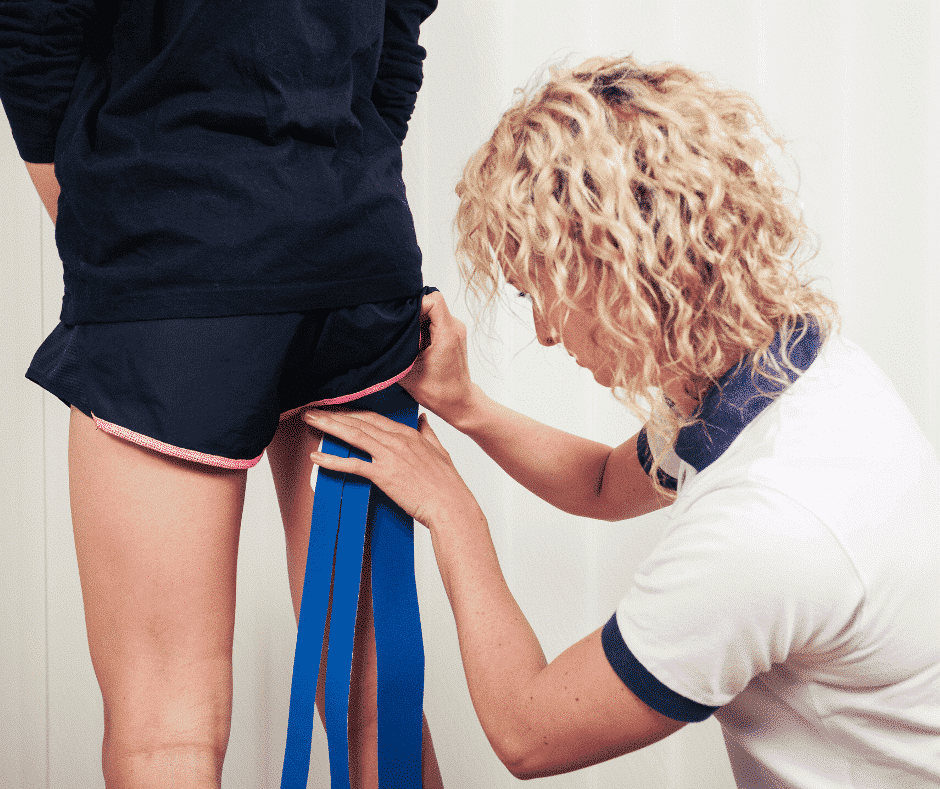Every change starts with the first step and the courage to take it
Personal qualities such as hard work, sense of duty, activity, and persistence are like quality marks. On the occasion of Men’s Health Month, we talked to Timo Simonlatser, CEO of Borealis and former top skier, who, based on his personal experiences, encourages us not to undervalue our valuable qualities, but instead, to train the ability to listen to our bodies and respond to changes.
Article published in Jooksja magazine (Nov 2022). Text: Karmen Kaukver. Photos: Private collection, EADSE.
We meet Timo in the office with a wonderful view of Borealis in Ülemiste City, where you can try massage chairs that, thanks to cutting-edge technology, realistically imitate the movements of the masseur’s hand, allowing you to relax from daily stress and recover from training. Before starting his business, Timo was involved in top sports for many years, specifically cross-country skiing, and even represented Estonia at the World Championships and the Vancouver Winter Olympics.

You ended your sports career in 2015. How much are you still involved in sports?
I still engage in sports for my health, but it tends to be chaotic. The feeling of well-being makes me notice the physical and mental effects if I miss a week or even several, so it still calls me back to the track. In winter, I enjoy skiing, and sometimes I go roller skiing or play hockey. During the summer, I definitely ride a bike and go kayaking or backpacking, among other activities.
How did you get into sports and the men’s team?
I was active at school, and physical education was one of my favorite lessons as it allowed me to be outside the box, running, jumping, and doing whatever I wanted. Close to my home in Tamsalu, the legendary ski coach Arvo Orupöld started training children. In that group, we played many physically active games, had friends, and felt a sense of belonging, which motivated me to start working out. When winter came, we began skiing. At one point, I realized that I was good at it. Winter camps in northern Finland and Austria offered a break from school routine.
My coach, Arvo Orupöld, had a stroke, and he could no longer train me. After some time, in 2006, he passed away. It was a tough year for me, and my results suffered. Mati Alaver, who had noticed my potential, encouraged me to make a choice: whether to dedicate myself more to sports or to lead an ordinary life. He offered me the opportunity to train with the men’s A team, and I accepted the offer. That’s how I committed myself to top-level sports more than before, and my studies in economics at the University of Tartu came to a standstill.
As a teenager, what did you like about sports camps and trips, and what was difficult?
Sporting at the top level took a huge amount of time but also offered plenty of adventure. I really liked geography, maps, and exploring different places in the world. Skiing expanded my horizons and enabled travel. However, mentally, it was a struggle to keep up with my schoolwork. My grades were okay, but I constantly had a nagging feeling in the back of my head, wondering if I had done everything necessary. Sometimes, there was a fear of being late for the start of something. There was a great rush all the time, which unfortunately seems to be everywhere these days.
What made you give up elite sports?
It was quite an interesting journey. In 2011, I joined the defense forces and was in the sports group in the headquarters and communications battalion. It had a positive effect, and that year was very stable for me. However, after my service in the defense forces, my desire to excel was so strong that I pushed myself too hard and ended up with a severe back injury that prevented me from training.
At one point, I felt frustrated with the system because, despite years of training, I had to seek help for my injury on my own. The support network was incomplete. Luckily, Mati Alaver still helped me find an anesthesiologist who alleviated the inflammation and pain with epidurals. However, due to the injury, 2014 was a tough year for me. I was left out of the national team and didn’t make it to the Winter Olympics in Sochi.
The desire to continue training was strong because I was in my prime years as a ski athlete. In 2015, I continued to train with Aivar Rehemaa under the guidance of Anatoli Šmigun. I trained hard, but in the fall, I felt something was off. I was completely drained and empty. The sense of duty didn’t allow me to cancel the camps. After all, I was outside the national team, so I had to find sponsors myself. I didn’t dare to rest because I was in the camp with money from supporters.
Then I developed serious otitis media, and despite trying antibiotics, my blood tests showed poor results, and liver indicators indicated overtraining. Taking a week off didn’t help. More serious problems arose as I was diagnosed with an autoimmune disease, hypothyroidism. I became weak, walking up stairs was exhausting, I struggled to wake up in the morning, and my legs were constantly full of lactic acid. I experienced shortness of breath, and psychological problems started, such as chest pains and difficulty breathing.
The lesson I learned was that I didn’t listen to my body, and I pushed myself beyond my limits. I wrecked myself, and my immune system gave out. I was too demanding of myself and overly conscientious. Thyroid disease affected my brain chemistry, and this led to a struggle with mental health issues. I experienced panic attacks out of nowhere, with my heart racing at 180 beats per minute, and I even called an ambulance a few times. I was prescribed a course of antidepressants, which helped temporarily. While I acknowledge their usefulness, I have not taken them anymore, although the problems resurfaced a few times. I’m now trying to find other techniques to cope and overcome these challenges.

What can you get relief or help from?
The best signal receiver for understanding your needs and finding relief is your own body. If you can listen to it, you have all the information you need. However, being able to truly listen requires being present in the moment. Often, we find ourselves dwelling on the past or preoccupied with the future, making it difficult to be fully present. The challenge is to come to the center, where you can be truly present and attentive.
Reflecting on my day in the evening, I often notice that it has been very stressful and filled with various activities. My challenge is to slow down and be more present. Sometimes I catch myself ruminating on future ambitions or being haunted by past events, which leads me to overact and feel overwhelmed.
Liberating breathing has been of great help to me. I wonder why I didn’t discover it during my sports career. While in sports, we used to strain, pant, and bellow, but liberating breathing offers a different experience. It fills the body with energy and brings about a sense of bliss, silence, and presence. During competitions and overworked moments, our bodies go into fight-or-flight mode. That’s why it’s crucial to consciously and calmly engage in activities, allowing the body to rest and digest 80% of the time, which greatly benefits breathing, digestion, and recovery.
You have been in the business for many years now and manage Borealis Estonia. How did you get into business?
My entrepreneurial journey began during my school days, but a significant change occurred in 2015 when I experienced a physical collapse in sports. I felt a deep sense of shame for letting everyone down and breaking myself, leading me to end my sports career. I made the decision to channel all the energy and time freed from sports into business.
My mission is to contribute to the development of Estonian people’s health awareness, primarily through prevention. Often, individuals become interested in health issues only after an accident, illness, or injury, resulting from overtraining, prolonged forced positions, or overwork. Massage chairs can help prevent such problems, and I’m delighted to see that employers are increasingly recognizing the importance of providing high-quality rest breaks for their employees to maintain overall well-being.
How has your sports career influenced you as a company manager?
Athletes are known for their strong work ethic and dedication, but they need effective management to avoid burnout. Unfortunately, I fell into the trap of pouring all my time and energy into the business without giving myself time to recover from my illness. In 2019, my father passed away, and I went through a period of mourning that pushed me to the brink of a mental collapse. It was then that I finally realized that one cannot have everything in life. I began focusing on self-development, incorporating practices like breathing, meditation, and yoga. I also engage in learning through books and video trainings.
In sports, training is relatively straightforward, with goals, rest, and sleep being essential parts of the training plan. In contrast, in business, there are always more tasks, unmet goals, and pressing deadlines, which can put a strain on the nervous system. Now, when a goal is achieved or a task is completed within the company, I make a conscious effort to stop and relish that positive feeling. I’ve also learned that my haste and enthusiasm can inadvertently create pressure on the employees, so I monitor myself and them to avoid unnecessary stress.

What would you like to add in conclusion?
In conclusion, I have personally experienced both physical and mental collapses, and I continue to carry the burden of many things. One significant mistake I made in the beginning was adopting the role of a victim. The feelings of shame and guilt overwhelmed me, leading me to believe that my emotions were beyond my control and disconnected from my actions. Assuming the role of a victim marks the start of a dangerous downward spiral. To avoid this, it is crucial to muster the courage to acknowledge the situation, and seek support from loved ones, friends, psychologists, or coaches – individuals who can engage in deep conversations to help us navigate through our challenges.
Feelings of inferiority and shame can trap us in a downward spiral, leading to self-destructive behaviors. Overcoming this starts with the courage to take the first step towards positive change, leading to transformation and liberation.





